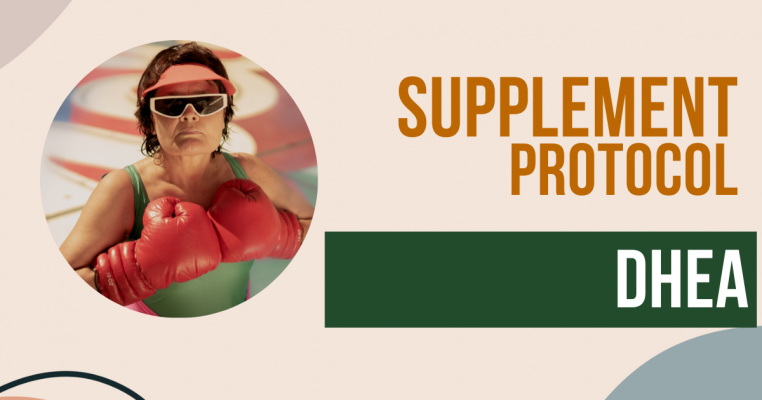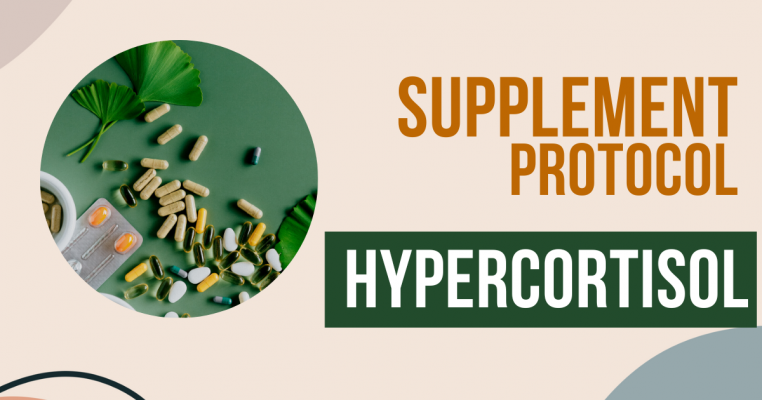About 15 years ago, after a traumatic endoscopy (traumatic because I wasn’t fully asleep and gagged my way through this horrendous procedure), I was told by a Gastroenterologist that I needed to take Prevacid. I asked him how long I would need to be on it and he looked at my straight in my eyes and said “forever.” Forever? Really?
That didn’t sit right with me – even though I hadn’t done my training in Functional Medicine. My intuition said, “hell, no!”It simply didn’t make sense to be so young and be told I would be on a manufactured medication for the rest of my life.
There was no discussion of diet, nutrition and even the role of stress on my digestion. Just a “take this” approach. While the GI doc was well-trained, reputable and all-around-good-doc, he just didn’t know how lifestyle was contributing to my acid reflux.
Had I taken his advice and started on that PPI, I would have been here, 15 years later, overweight, with osteoporosis, depression, small intestinal bacterial overgrowth (SIBO), and perhaps even cognitive decline. I would not be the vibrant person I am today.
What Are Proton Pump Inhibitors (PPIs)?
Have a little too much acid in your stomach? Think twice before popping that purple pill found on every drug store shelf!
There are many studies that suggest that proton-pump inhibitor drugs (PPIs), such as Prilosec (omeprazole), which reduce stomach acid, may cause individuals to experience bloating and other unpleasant bowel symptoms like aches, pains, and embarrassing gas.

Proton Pump Inhibitors (PPIs) are a class of medications that suppress the secretion of stomach acid. They are available both over-the-counter (without a prescription) or prescribed for the treatment of various health conditions, including gastroesophageal reflux disease (GERD) and peptic ulcers.
The following are some examples of PPIs:
Zegeridomeprazole (Prilosec, Prilosec OTC, Zegerid)
Lansoprazole (Prevacid)
Pantoprazole (Protonix)
Rabeprazole (Aciphex)
Esomeprazole (Nexium)
Dexlansoprazole (Dexilant)
Long-Term Risk of PPIs
PPIs were developed for short-term use – never intended for long-term use. Individuals initially found quite a bit of relief from these pills – so they kept taking them, afraid to return back to painful acid reflux!
But therein lies the problem! Individuals must be informed about the risk of PPI dependence and warned not to take the medications beyond their time frames and indicated uses.
Here are the risks of PPIs that can occur, some starting just after four weeks on this category of medication:
- Rebound acid hypersecretion risk – a kind of PPI dependence that can occur even after just four weeks on the medication.
- Fracture risk – multiple daily-dose or long-term usage of PPIs have been linked to a higher risk of osteoporosis-related fractures of the spine, wrist, or hip.
- Risk of infection – both long-term and short-term PPI use have been linked to a higher risk of serious infections, such as diarrhea caused by the C. difficile bacterium, as well as community-acquired pneumonia.
- Magnesium deficiency risk – patients taking PPIs may also be on other medications, which could cause complications for patients with low magnesium, increasing the risk of arrhythmias.
PPIs Can Cause SIBO
Let’s talk about small intestinal bacterial overgrowth (SIBO) for a minute – because it’s very common. SIBO occurs when the “good guys [the good bacteria] are in all the wrong places” like in the upper part of the small intestine, a place where these micro-organisms really shouldn’t be. Symptoms of SIBO include acid reflux, gas, bloating, constipation, diarrhea, slow motility, abdominal pain, feeling of fullness, early satiety, and burping.
Individuals are given PPIs for many of the symptoms of SIBO. Ironically, these PPI medications may encourage, rather than discourage, SIBO. SIBO is one of the causes of gastroesophageal reflux disease (GERD) or unrelenting heartburn due to acid burning the lining of the esophagus.
So the same medication attempting to quell the symptoms, could actually be causing the symptoms. (See how this makes no sense?)
Probiotics Can Help
Can probiotics help instead of PPIs? Or can they help even if you are still on a PPI? Yes!
A placebo-controlled study in people who began taking the PPI pantoprazole (Protonix) (40 mg per day) to treat gastroesophageal reflux showed that taking a probiotic twice daily appeared to prevent the onset of bowel symptoms. After about 3 months on the PPI, approximately 45 to 50% of patients taking the placebo (rather than the actual probiotic) reported bloating and flatulence, while these symptoms were reported by only about 10% of those taking the probiotic.
Alternatives to PPIs: A Functional Medicine Approach
Functional Medicine looks at the root cause of the symptoms and starts there. For example, what feels like “excess acid” may not be excessive at all. It could just be that acid is splashing up higher in your digestive tract.

Approaches to healing can include:
Eating Hygiene – How you eat is often just as important as what you eat. Eating hygiene refers to behaviors like generous chewing, proper hydration (at the right time!), eating in a calm environment, allowing food to digest before eating again, avoiding overeating and also identifying and avoiding foods which cause inflammation and sensitivities.
Herbal Treatments & Supplement – Mucilaginous foods like okra, lotus root, Chinese yams, aloe, flax seeds, and cactus help coat the lining of the digestive tract and give the tract time to heal. L-Glutamine is an amino acid produced by the body. Supplementing with L-Glutamine helps gut function, the immune system, and other essential processes in the body, especially in times of stress.
Mind | Body Approaches – When the body is in a state of stress (sympathetic mode), it changes the acid balance in your body. The body isn’t thinking of digesting – it’s thinking of escaping! This is why under extreme circumstances, we may vomit when we have sudden emotional trauma, or why we have a sour stomach when we eat under stress. Learning how to eat in a non-relaxed state helps us absorb more of nutrients and also improve digestion.
Weaning off PPIs
This is important! Only your prescribing physician can officially advise you to reduce or eliminate a prescribed medication. Getting off PPIs requires a slow weaning process as suddenly stopping can create a huge rush of acid.
Functional Testing and Health Coaching
At Intellect Health, we offer Health Coaching programs that provide functional medicine-trained specialists to help customize healing and lifestyle recommendations specific to you. There is also the option to buy a program that includes functional testing that will help pinpoint the root cause of digestion challenges, as well as identify nutrient deficiencies from long-term use of PPIs.
If you would like support adopting those lifestyle changes that will help you reduce or eliminate this concerning this class of medications, learn about our Health Coaching programs and services.
The Wellness Journal







